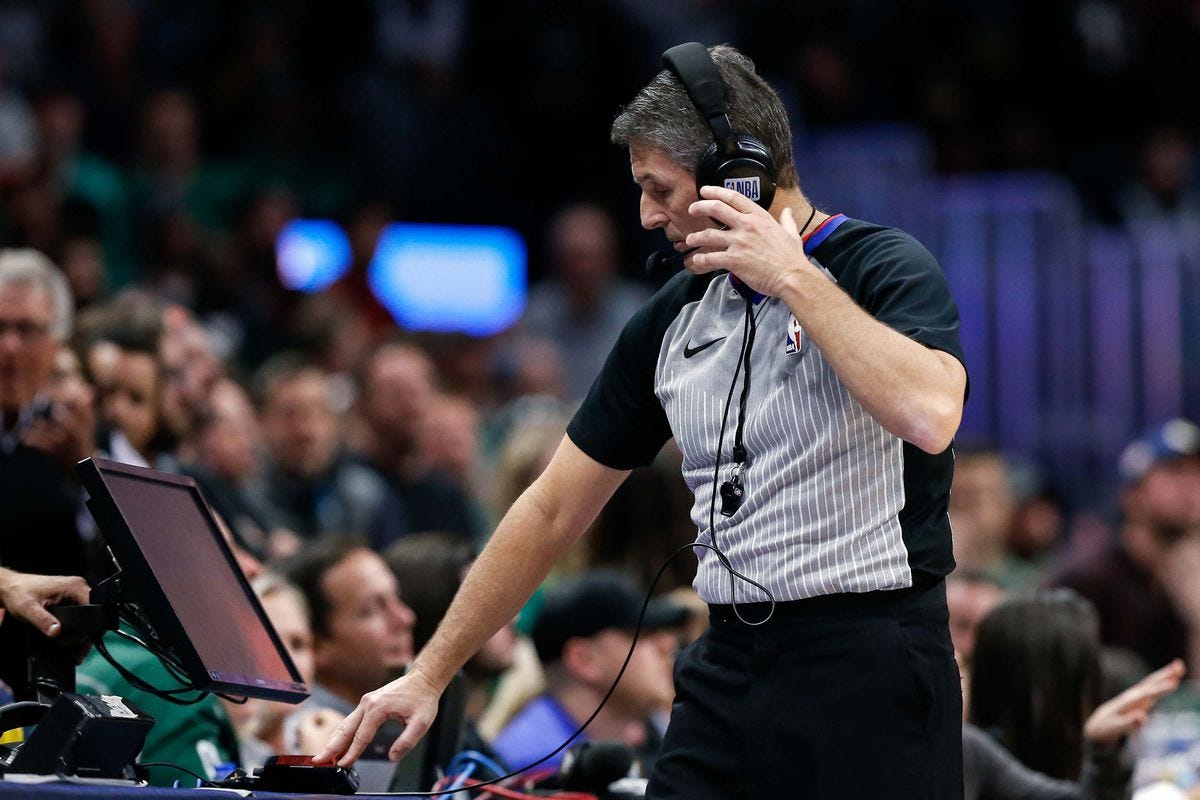Noah Brier | May 29, 2024
The Tradeoffs Edition
On credit card fraud, NBA replays, and keeping the rhythm.
Noah here. A few months ago, I ran across a finance piece with the rather bombastic title, “The optimal amount of fraud is non-zero.” The article argued that fraud is part of a tradeoff credit card companies make in order to make it even more painless to obtain and use their credit cards.
The marginal return of permitting fraud against you is plausibly greater than zero, and therefore, you should welcome greater than zero fraud. You can think of it as a necessary expense, just like rent or salary or advertising is. You can even write it off on your taxes. (Ask your accountant; businesses frequently misunderstand the rules here.)
The reason for this is that Directors of Fraud are aware that the policy choices available to them impact the user experience of fraudsters and legitimate users alike. They want to choose policies which balance the tradeoff of lowering fraud against the ease for legitimate users to transact.
If credit card companies were to legitimately try to lower the amount of fraud to zero, the article argues, commerce would all but grind to a halt with all the hoops consumers would need to jump through to purchase. And so, the companies (and the government) have put together a set of policies and laws that aim to keep fraud as low as possible while also keeping the wheels of commerce well-greased.
Why is this interesting?
The last month of the NBA Playoffs has seen what feels like a constant drumbeat of challenges and replays. In an attempt to ensure their referees get more calls right, basketball, like other professional sports, has instituted a challenge system that allows coaches to send officials to a screen on the side of the court to double-check the call they made on the floor. The experience, as any basketball fan will tell you, has been painful. While calls have been corrected, they often happen at the expense of the flow of the game, and for every replay, it feels like three other non-calls emerge as the action is slowed. (Though rules prohibit referees from calling fouls during reviews that weren’t originally called.)
